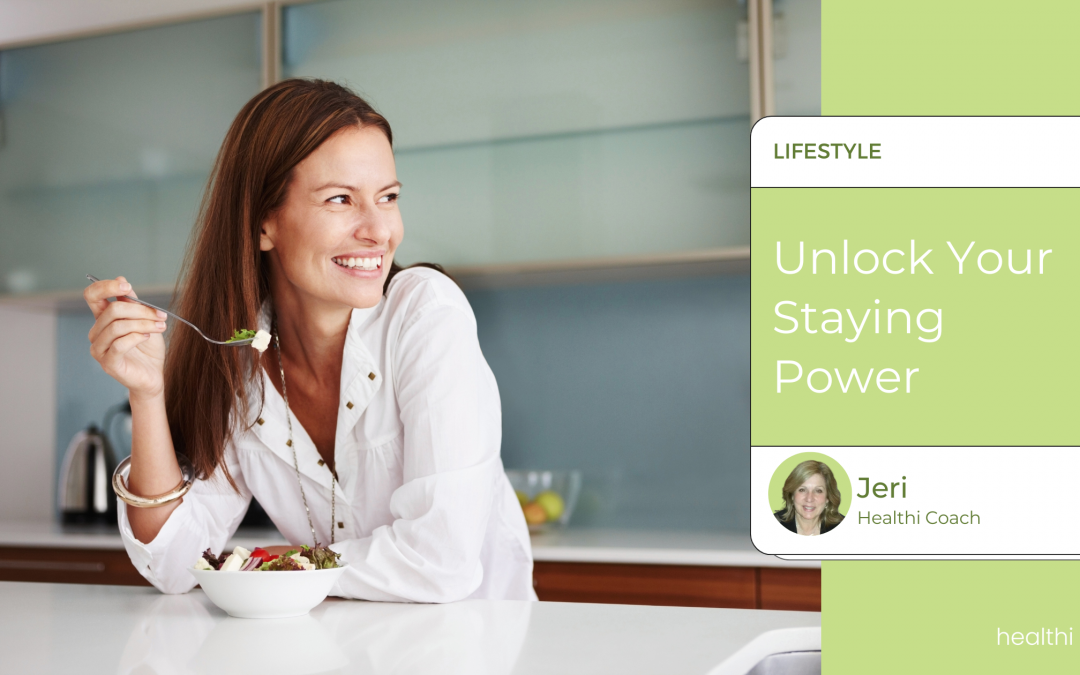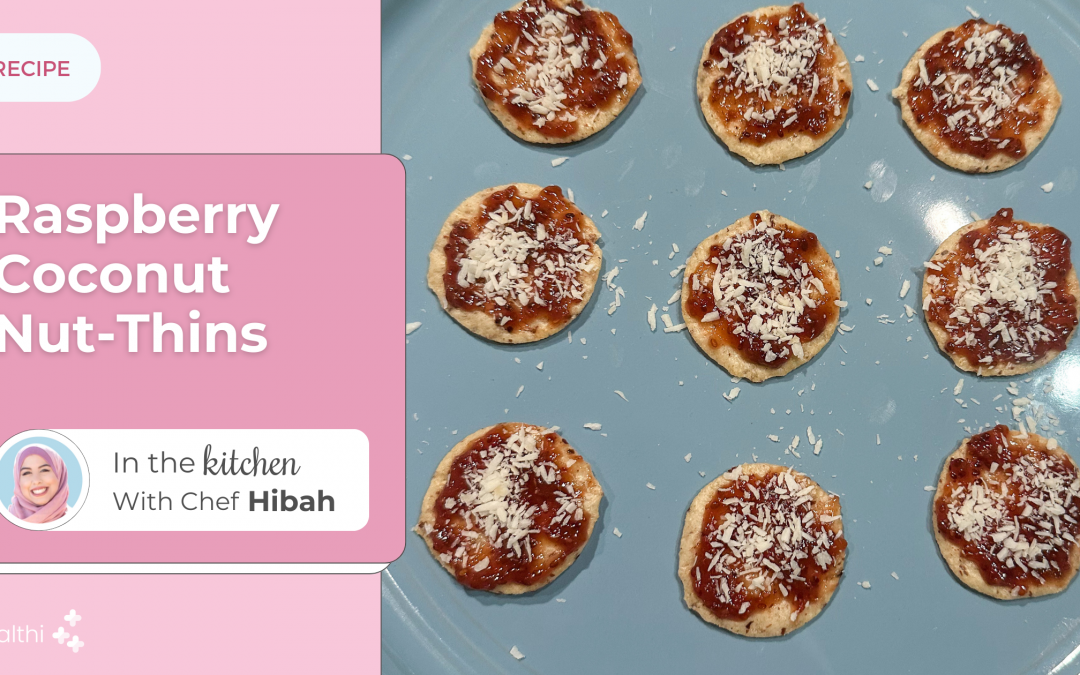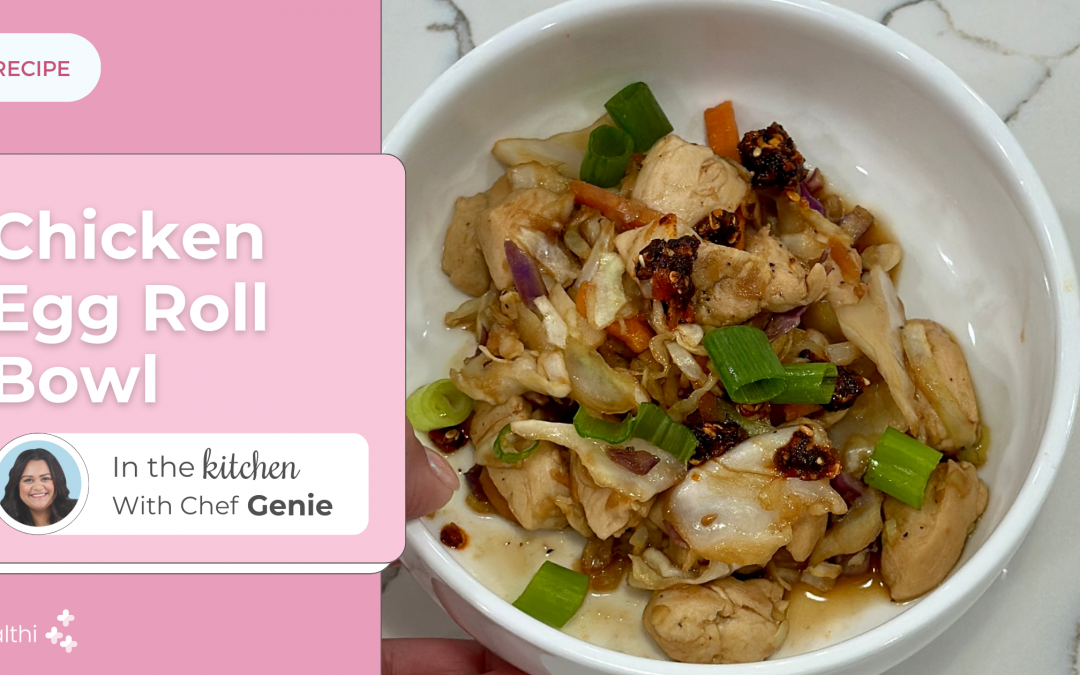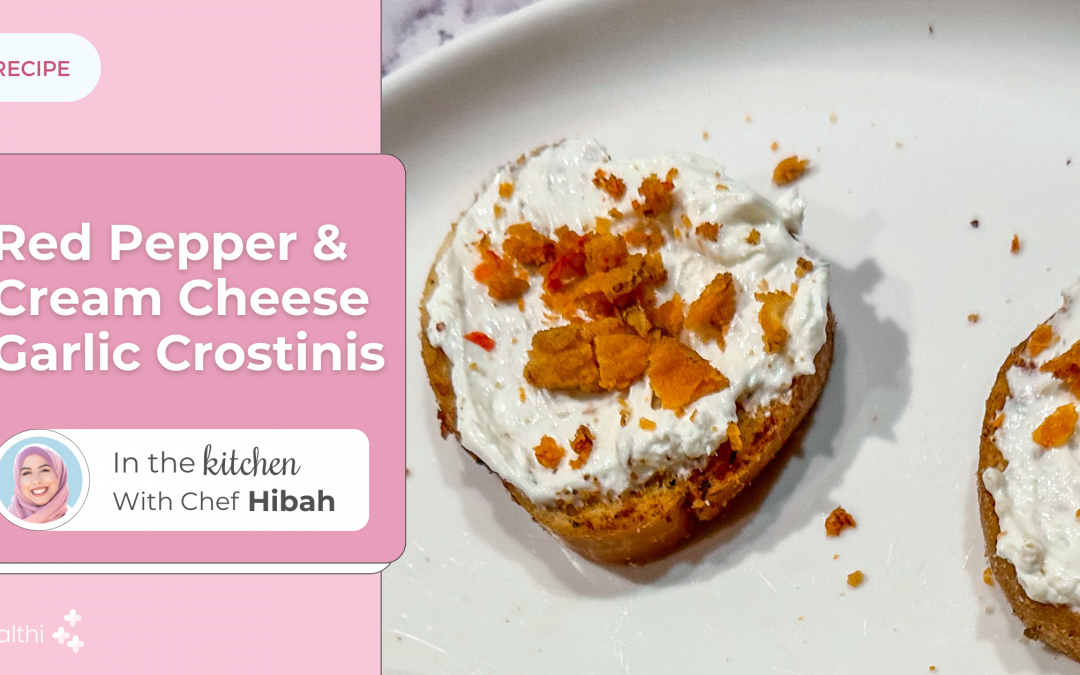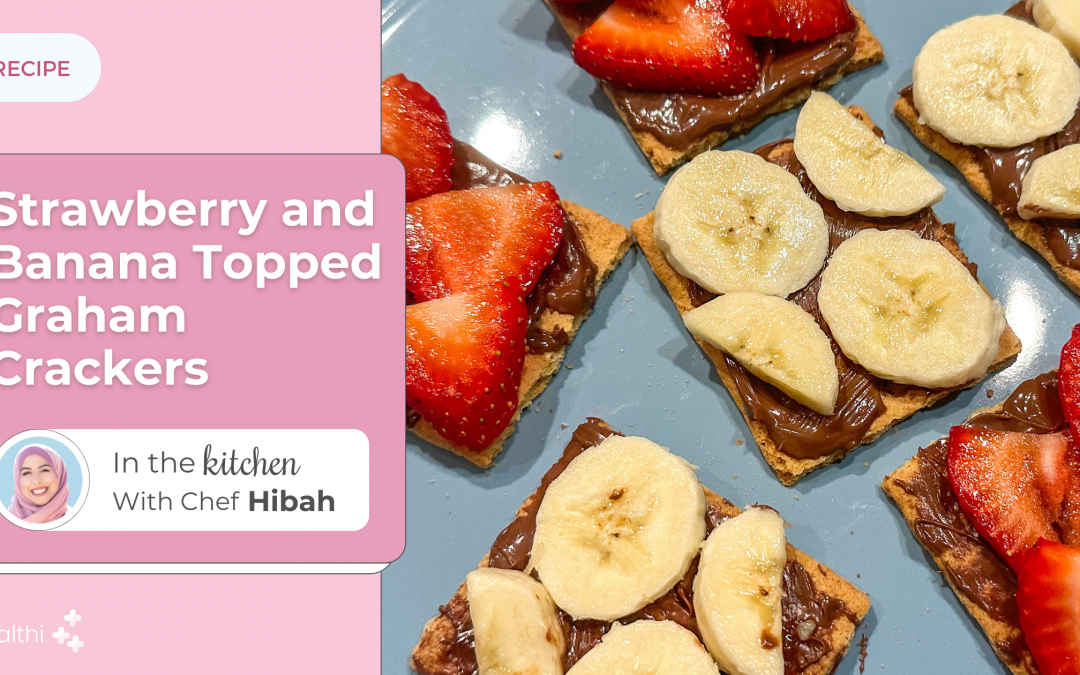Eat More Veggies, Feel Better
Eating more vegetables is a simple yet powerful way to enhance your well-being. Packed with vitamins, minerals, and fiber, veggies offer an array of health benefits that can help you feel mentally and physically better. Whether you’re on a weight loss journey or just looking to boost your energy, increasing your vegetable intake can be a game changer. It’s not just about adding greens to your plate—it’s about creating meals that satisfy and nourish your body from the inside out.
When you fuel yourself with nutrient-dense foods like vegetables, you’re setting yourself up for success, making you feel more energetic, focused, and confident. Plus, veggies are naturally low in calories, which makes them ideal for those looking to shed a few pounds without feeling deprived.
Article overview:
- Eat More Veggies, Feel Better
- Top Tricks and Tips on Incorporating More Veggies into Meals
- Precautions
- Conclusion
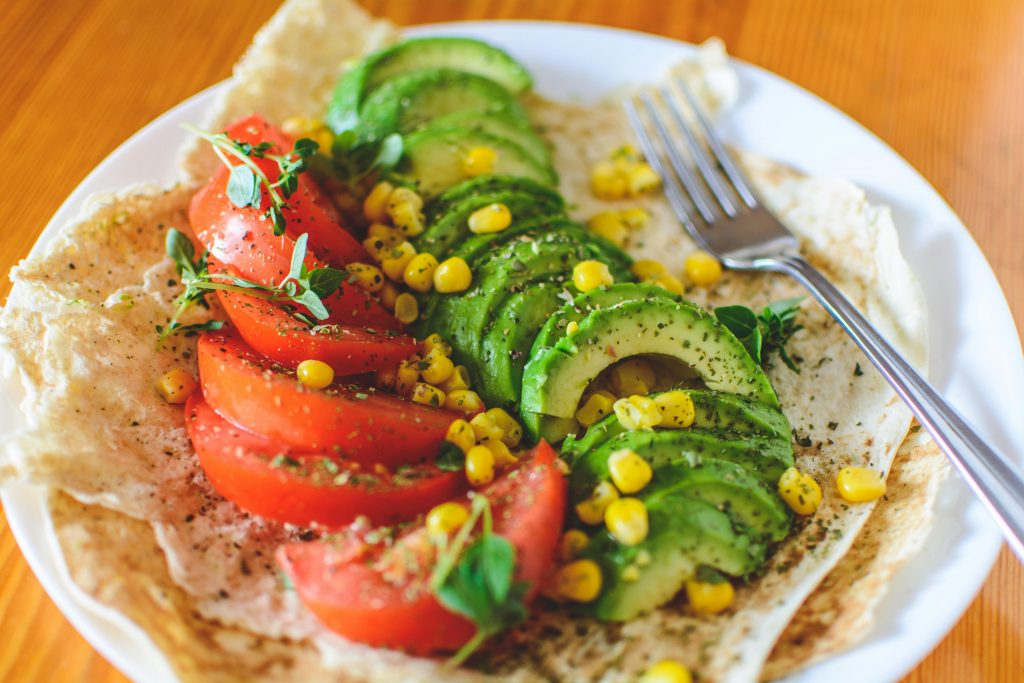
Eat More Veggies, Feel Better
The connection between eating more vegetables and feeling better isn’t just a catchy slogan—it’s rooted in science. Vegetables are nutritional powerhouses that provide essential vitamins like A, C, and K, as well as minerals such as magnesium and potassium. These nutrients are crucial in keeping your body’s systems running smoothly, from maintaining healthy skin and eyes to supporting your immune system and reducing inflammation. When you increase your intake of vegetables, you’re essentially giving your body the tools it needs to function at its best.
For those on a weight loss journey, vegetables are your secret weapon. They’re low in calories but high in volume, meaning you can eat larger portions without worrying about overloading calories. This makes it easier to feel full and satisfied while still sticking to your calorie goals. Plus, the fiber in vegetables promotes healthy digestion and helps regulate blood sugar levels, preventing those dreaded energy crashes that often lead to unhealthy snacking.
Vegetables are also rich in antioxidants, which help combat oxidative stress and reduce inflammation. This is crucial for anyone attempting to lose weight, as persistent inflammation can disrupt metabolism and make it more difficult to lose pounds. By incorporating more veggies into your diet, you’re not only supporting your weight loss efforts but also improving your overall health and well-being. It’s a win-win situation.
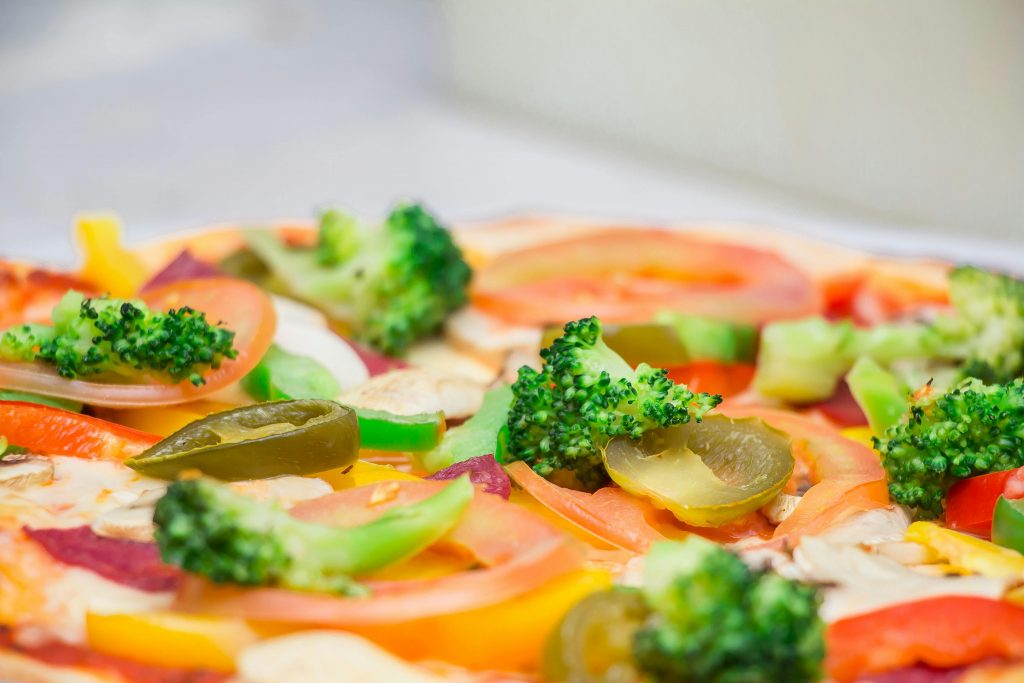
Top Tricks and Tips on Incorporating More Veggies into Meals
Incorporating more veggies into your meals doesn’t have to be complicated or boring. In fact, it can be fun and delicious once you get the hang of it. One of the easiest ways to sneak more vegetables into your diet is by adding them to dishes you already love. If you’re making pasta, toss in some spinach, zucchini, or bell peppers. If you’re a fan of tacos, load them up with shredded lettuce, diced tomatoes, and sautéed mushrooms. You can even blend veggies like cauliflower or butternut squash into your sauces or soups for a creamy texture without adding extra fat.
A great trick to make veggies more exciting is to play around with different cooking methods. Roasting vegetables, for example, brings out their natural sweetness and adds a delicious caramelized flavor. You can try roasting carrots, broccoli, or Brussels sprouts with a drizzle of olive oil and your favorite spices. Grilling is another fantastic option, especially for summer veggies like zucchini, eggplant, and peppers. The smoky flavor adds a whole new dimension to your meal, making it feel more indulgent without any extra calories.
If you’re not a fan of raw vegetables, consider making them the star of your stir-fries or frittatas. Stir-frying is quick and easy and allows you to use a variety of colorful veggies in one meal. Combine broccoli, bell peppers, snap peas, and carrots with some lean protein like chicken or tofu for a balanced, veggie-packed dish. Frittatas are another great way to use up any leftover veggies you have in your fridge. Simply whisk together some eggs, pour over the vegetables, and bake for a quick and healthy meal that works for breakfast, lunch, or dinner.
For those who struggle with finding time to prepare fresh vegetables, frozen veggies are a lifesaver. They’re just as nutritious as fresh ones and are already prepped and ready to cook. You can steam them, add them to soups, or stir them into casseroles for an easy, nutrient-rich boost to any meal. The key is to keep it simple and find what works best for your taste and lifestyle.
The Healthi app can make adding more vegetables to your diet even easier. With its diverse recipe collection and the innovative BITES system, you can explore creative veggie-centric meals that align with your health goals. The Healthi app provides a range of meal ideas that use vegetables in unexpected and delicious ways, helping you break the monotony of your usual meals. Plus, with its tracking feature, you can monitor your vegetable intake and celebrate the small wins as you watch your progress unfold. It’s like having a personal coach cheering you on to keep adding those greens!
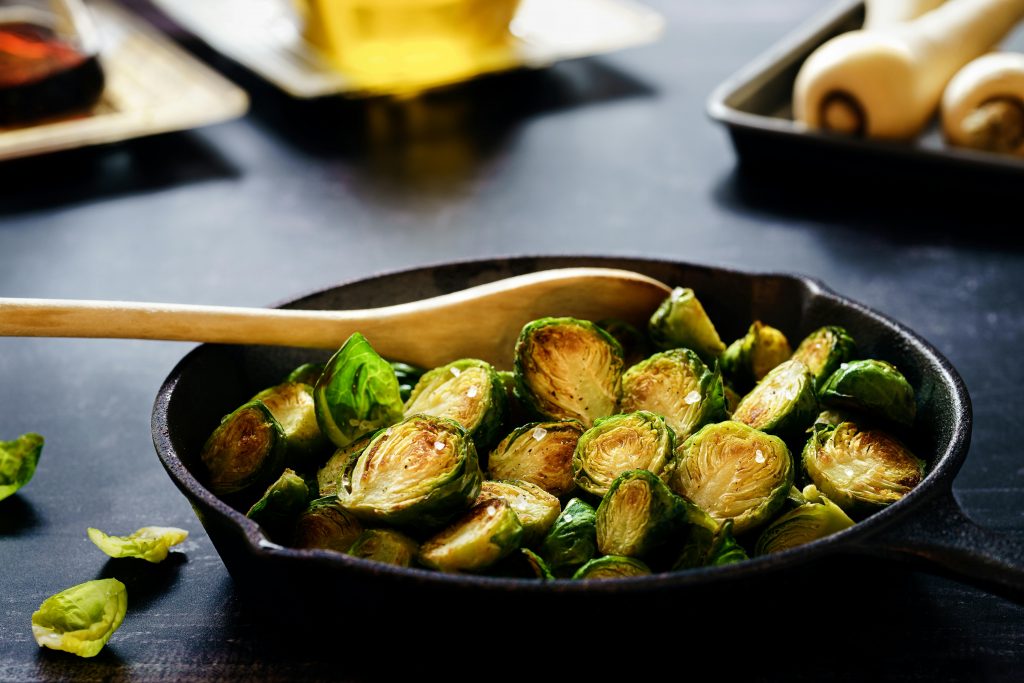
Precautions
While eating more veggies is undeniably good for you, there are a few precautions to keep in mind. First, it’s important to wash your vegetables thoroughly to remove any dirt, pesticides, or bacteria that may be lingering on the surface. This is especially important if you’re consuming them raw, as unwashed veggies can carry harmful pathogens that could lead to foodborne illnesses. A simple rinse under running water or using a vegetable brush can help reduce the risk.
Another thing to consider is portion control. While it’s unlikely that you’ll overeat non-starchy vegetables like lettuce, spinach, or broccoli, it’s still important to pay attention to starchy vegetables like potatoes, corn, and peas. These veggies are higher in carbohydrates and calories, so it’s best to enjoy them in moderation if you’re watching your weight. Pair them with non-starchy veggies and a lean protein source for a well-balanced meal.
Lastly, listen to your body. If you find that certain vegetables cause bloating or discomfort, try experimenting with different cooking methods or portion sizes. Some people find that raw veggies are harder to digest, while others may have sensitivities to certain types of vegetables. Don’t be afraid to adjust your intake based on what feels best for your body.
Conclusion
Eating more veggies is one of the simplest and most effective ways to feel better, both physically and mentally. These nutrient-packed foods provide the fuel your body needs to thrive, helping you feel more energized, focused, and satisfied. Whether you’re roasting, grilling, or sautéing, there are endless ways to make vegetables a delicious and exciting part of your meals.
With a little creativity and the right tools, like the Healthi app, incorporating more vegetables into your diet can be easy and enjoyable. From discovering new recipes to tracking your progress, this app can help you stay motivated and on track toward your health goals. As you continue to add more veggies to your plate; you’ll not only see the benefits on the scale but also feel the positive impact on your overall well-being. It’s time to embrace the veggie revolution—your body (and taste buds) will thank you!





